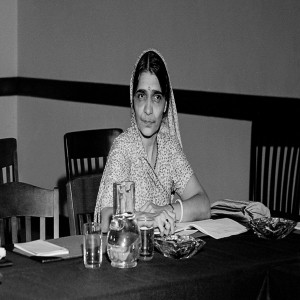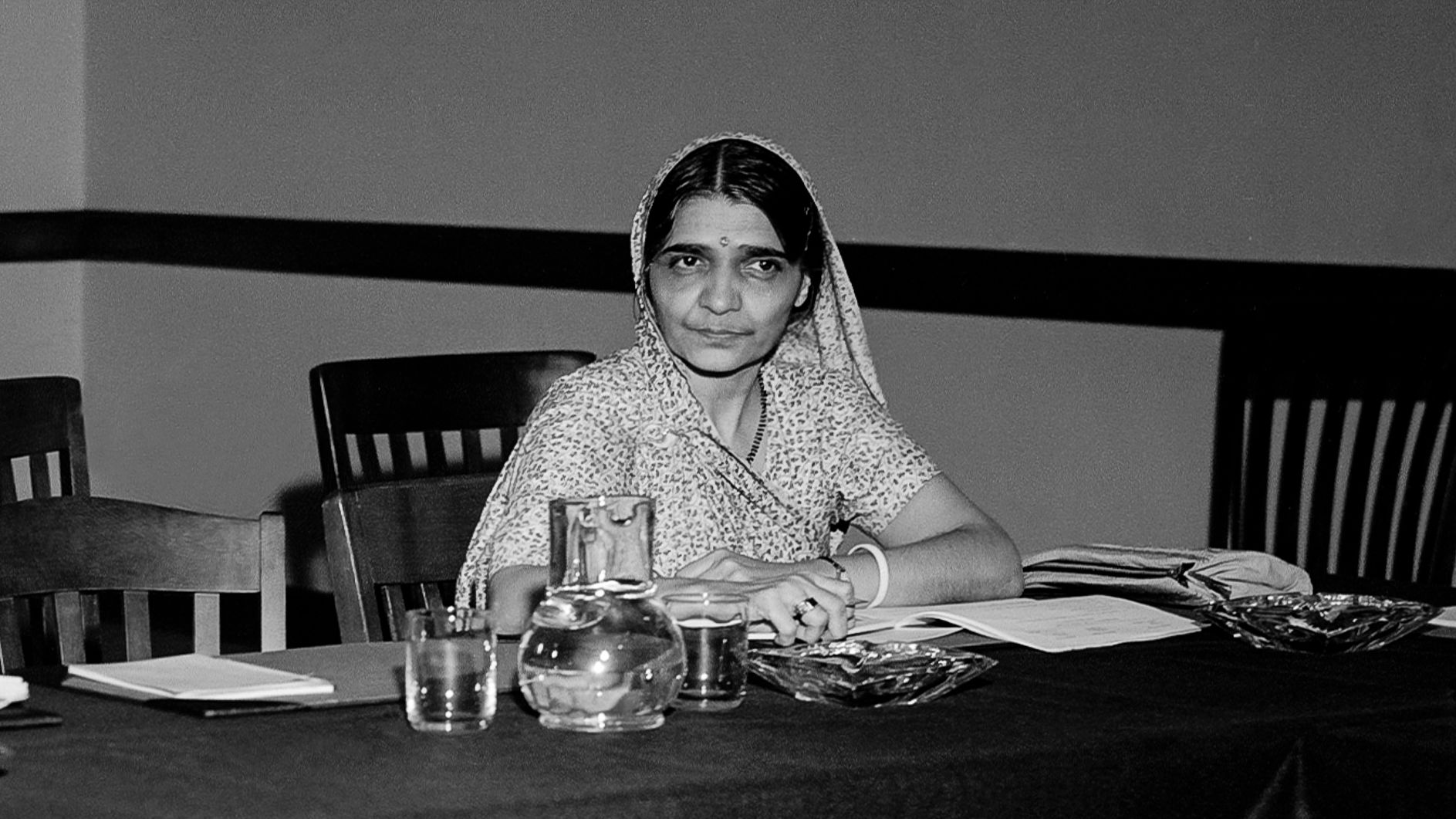
.jpg) Adv Jessy Kurian
Adv Jessy Kurian

The General Assembly adopted the "Universal Declaration of Human Rights" (UDHR) on December 10, 1948, with 48 states in favour and eight abstentions. The UDHR's preamble highlights, "Recognition of the inherent dignity and of the equal and inalienable rights of all members of the human family is the foundation of peace, justice and freedom in the world." The UDHR urges member states to promote civil, economic, and social rights.
India adopted Human Rights Day after its formal inception in 1950, when the Assembly passed resolution 423(V) inviting all States and interested organisations to observe it on December 10 of each year.
Eleanor Roosevelt, a woman who advocated for women's civil rights and expanded roles in the workplace, pressed the United States to join and support the United Nations. She was the first delegate to the Committee on Human Rights and served as the first Chair of the UN Commission on Human Rights.
Article 2 of the UDHR prohibits discrimination on race, colour, sex, language, religion, political or other opinion, national or social origin, property, birth and other status. It prohibits slavery. Article 7 provides that no one shall be subjected to torture or cruel, inhuman or degrading treatment or punishment.
Despite international laws and efforts of women's rights activists, women and girl children face discrimination in many areas, including education, employment and political participation. They are often the victims of domestic and sexual violence. Rape is used as a weapon of war. Rates of pregnancy and childbirth-related deaths are on the rise. They often lack access to adequate health care. Prevailing child marriage around the globe prevents them from making personal choices. They are even denied their property rights. Some countries still prohibit women from pursuing education/higher education/ health education, etc, like the Taliban administration in Afghanistan, which clamped down on women's rights.
"Women's rights are Human Rights." This phrase was first used in the 1980s and early 1990s. Its most prominent usage was by Hillary Rodham Clinton, the first lady of the United States, on September 5, 1995, at the United Nation's 4th World Conference on Women in Beijing. Women are human and entitled to the same fundamental rights as men. Women have the right to education, the right against violence, fair wages, the right to vote, freedom of ex
The first regulations concerning human rights, such as the French Declaration of the Rights of Man and of the Citizen in 1789, did not intrinsically include women. The French term 'homme' at the time was understood as 'man.' By definition, active citizens had to be men, so these early human and civic rights were accordingly only granted to men. Women were not treated as being of equal value to men, and so they were not granted equal rights. It was Olympe de Gouges of France who first declared, "Woman is born free and remains equal to man in rights," in 1789.
Even during the drafting of the text for the 'Universal Declaration of Human Rights' (UDHR) in 1948, there were vigorous debates about whether it should refer to "men" or "humans". Hansa Mehta, the Indian delegate to the UN Commission on Human Rights from 1947 to 1948, is credited with changing the phrase from "All men are born free and equal" to "All human beings are born free and equal."
Undisputedly, women's human rights are violated in every field in India. A woman's right to choose her partner is still a dream. A recent incident that took place on December 2 in Hyderabad, where a woman police officer was brutally murdered by her own brother for marrying a man from another caste testifies to this effect. Women and girl children are not safe even at home. It is heart-rending to hear the rape of minor girls at home by uncles, relatives and even by their own fathers.
Recent such incidents are shocking. An infant's body was found burned to death near a school in Madhya Pradesh. The infant was born out of rape by an uncle. In another incident in Madhya Pradesh, a minor girl was raped at Deval village on the night of December 7 by a 21-year-old man and a minor boy. The accused entered the house when she was asleep, and others were away. When she cried for help, the accused poured kerosene on her body and set her on fire. Though no accurate reports are available, women's rights are violated in Manipur violence. Women are killed, raped, displaced, harassed etc.
India has many laws that aim to protect women's rights. The Constitution guarantees equality before the law and equal protection of the law. However, the effective implementation of these laws remains a big challenge. Women are being denied justice because of the accused's money, muscle, and political power. We need a strict, unbiased, and transparent implementation of laws in India.
Violence against women is a pandemic affecting all countries, even those that have made laudable progress in other areas. Worldwide, 30 per cent of women have experienced either physical and or sexual intimate partner violence or non-partner sexual violence.
The Universal Declaration of Human Rights merely establishes basic principles and has no force of law. In fact, the UDHR needs more legal teeth to ensure the rights of women and girls. One of the steps by the UN to fill this gap was the 1979 Convention on the "Elimination of All Forms of Discrimination Against Women" (CEDAW), known as the 'Women's Rights Convention.' This Convention obliges all state partners to take active steps to eliminate discrimination against women in all spheres of life.
Let us uphold the Human Rights of all human beings.